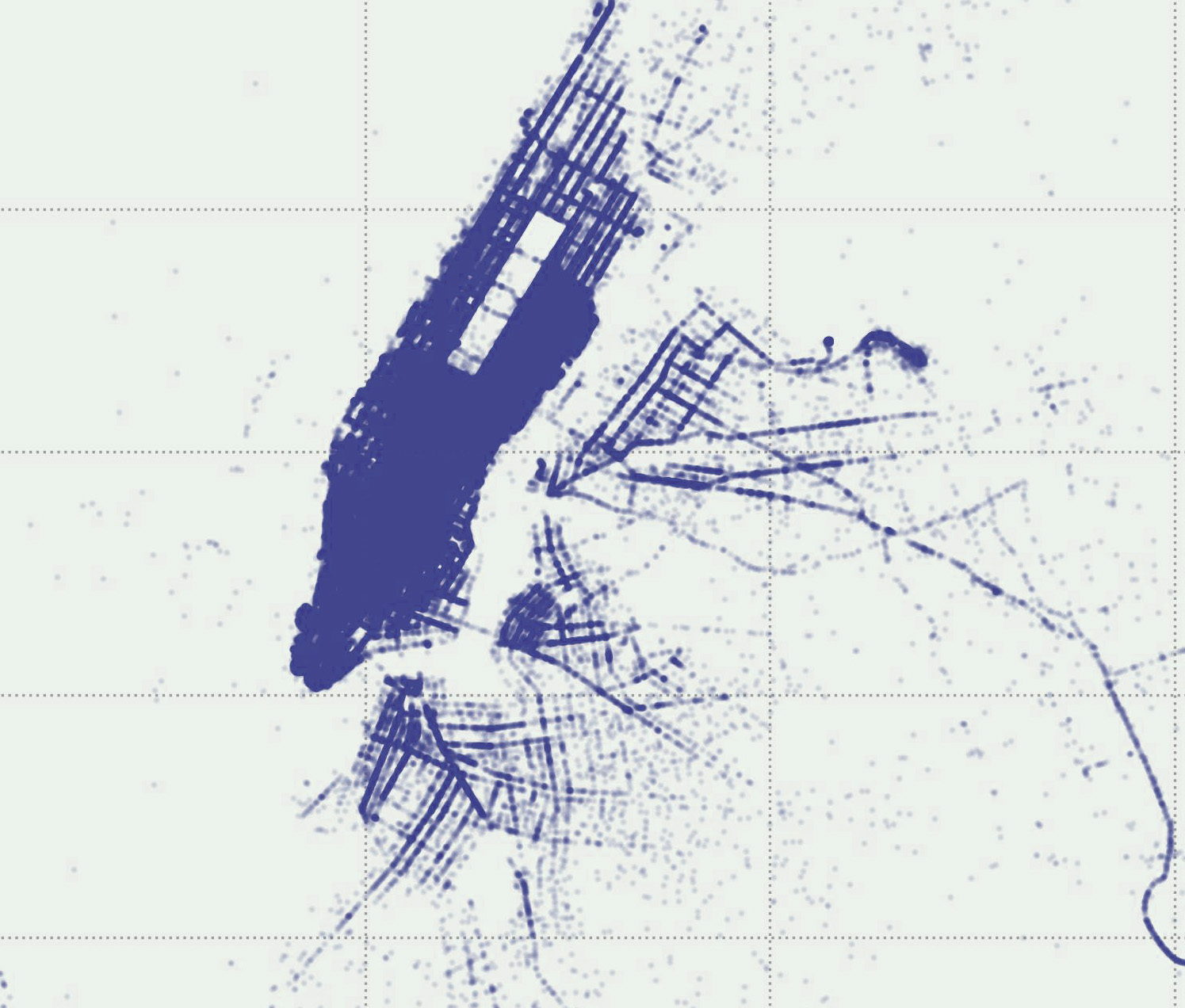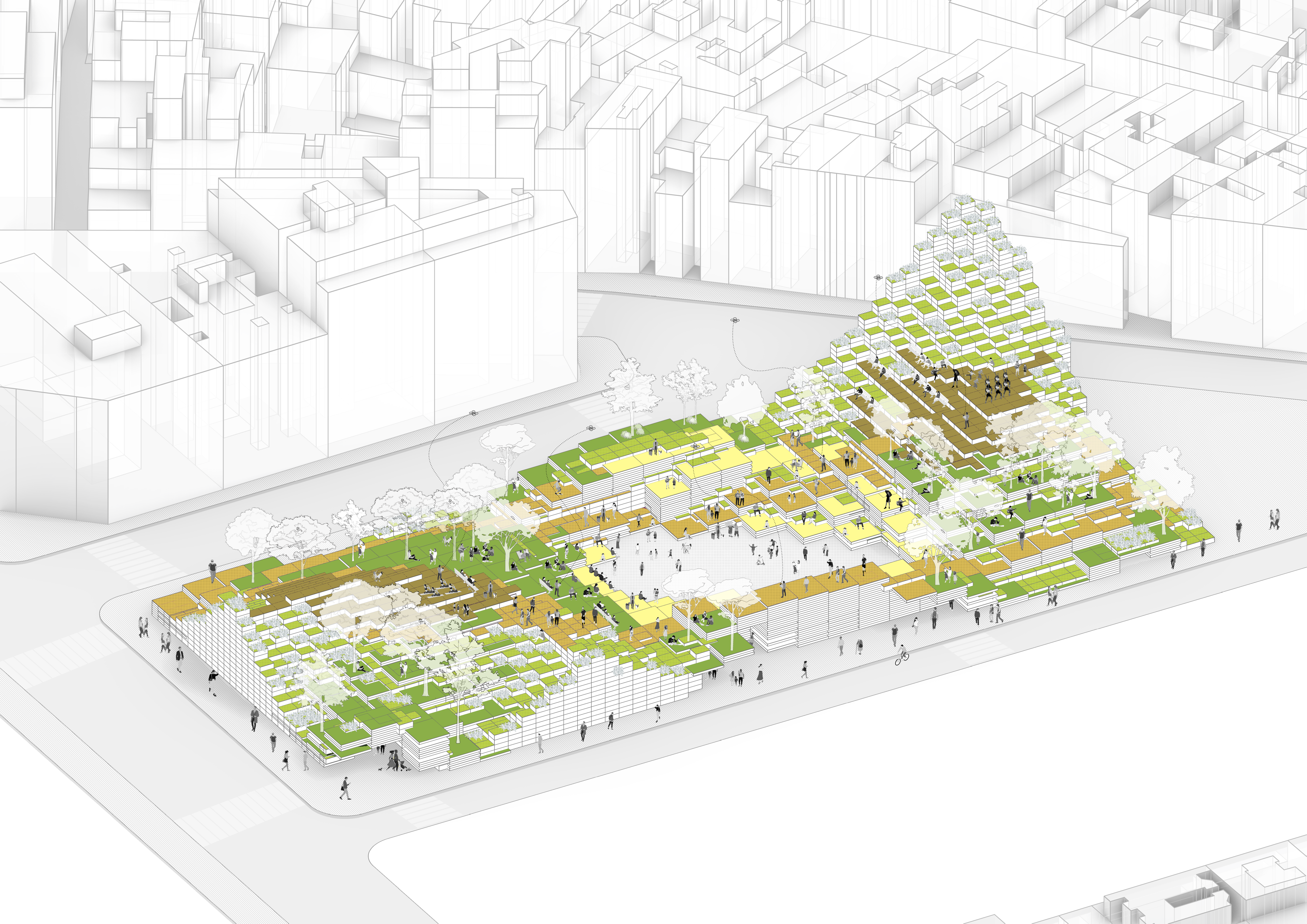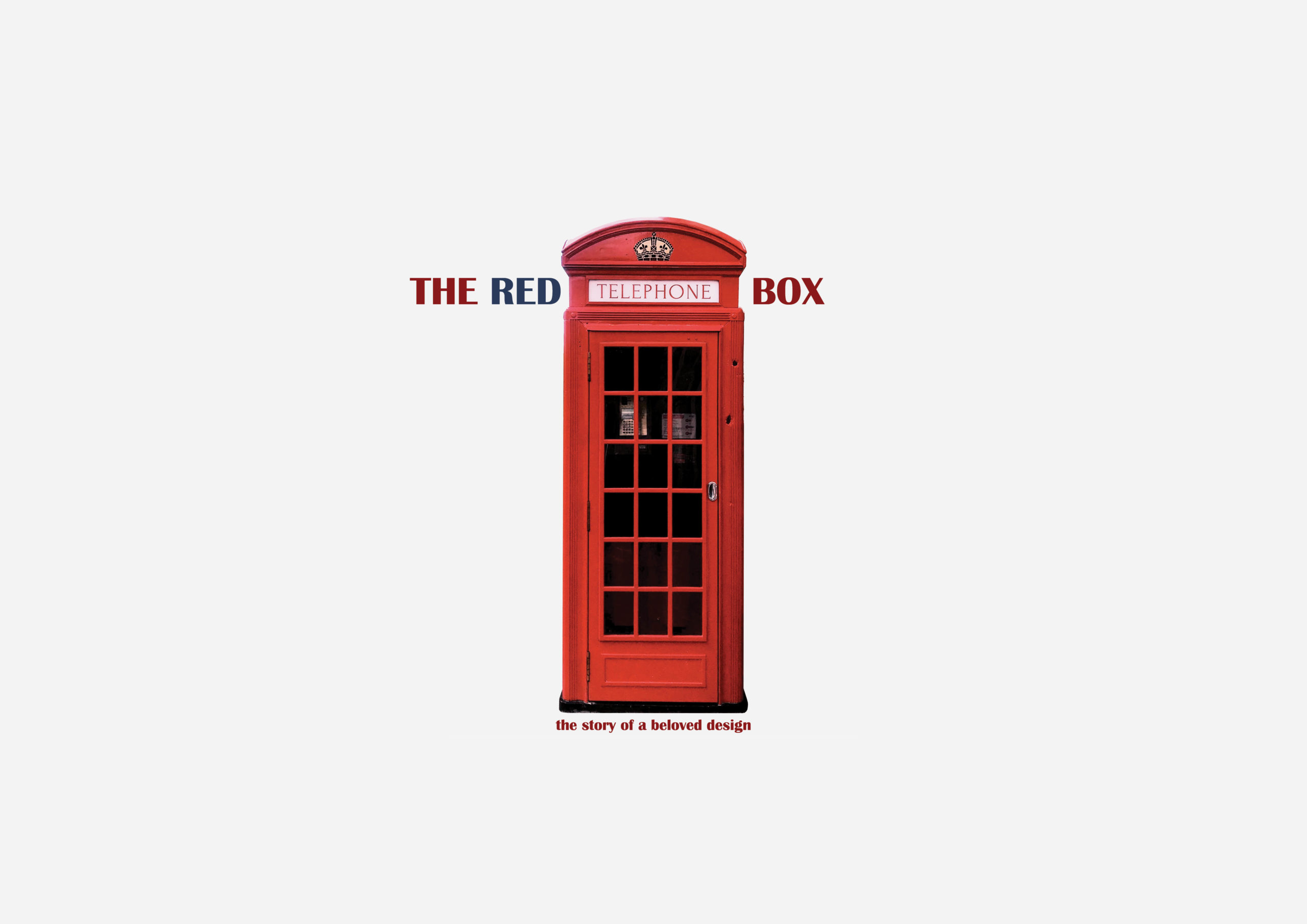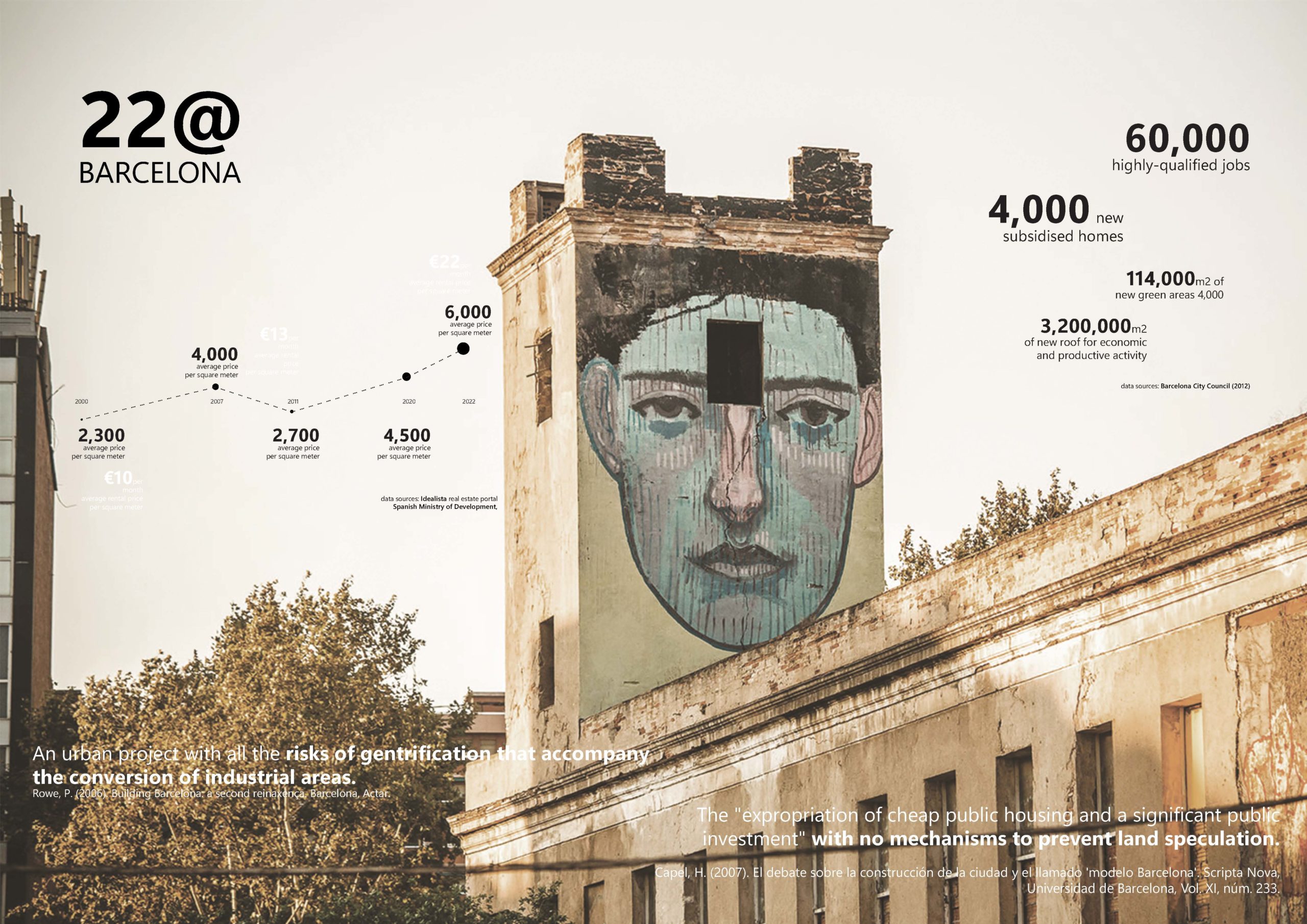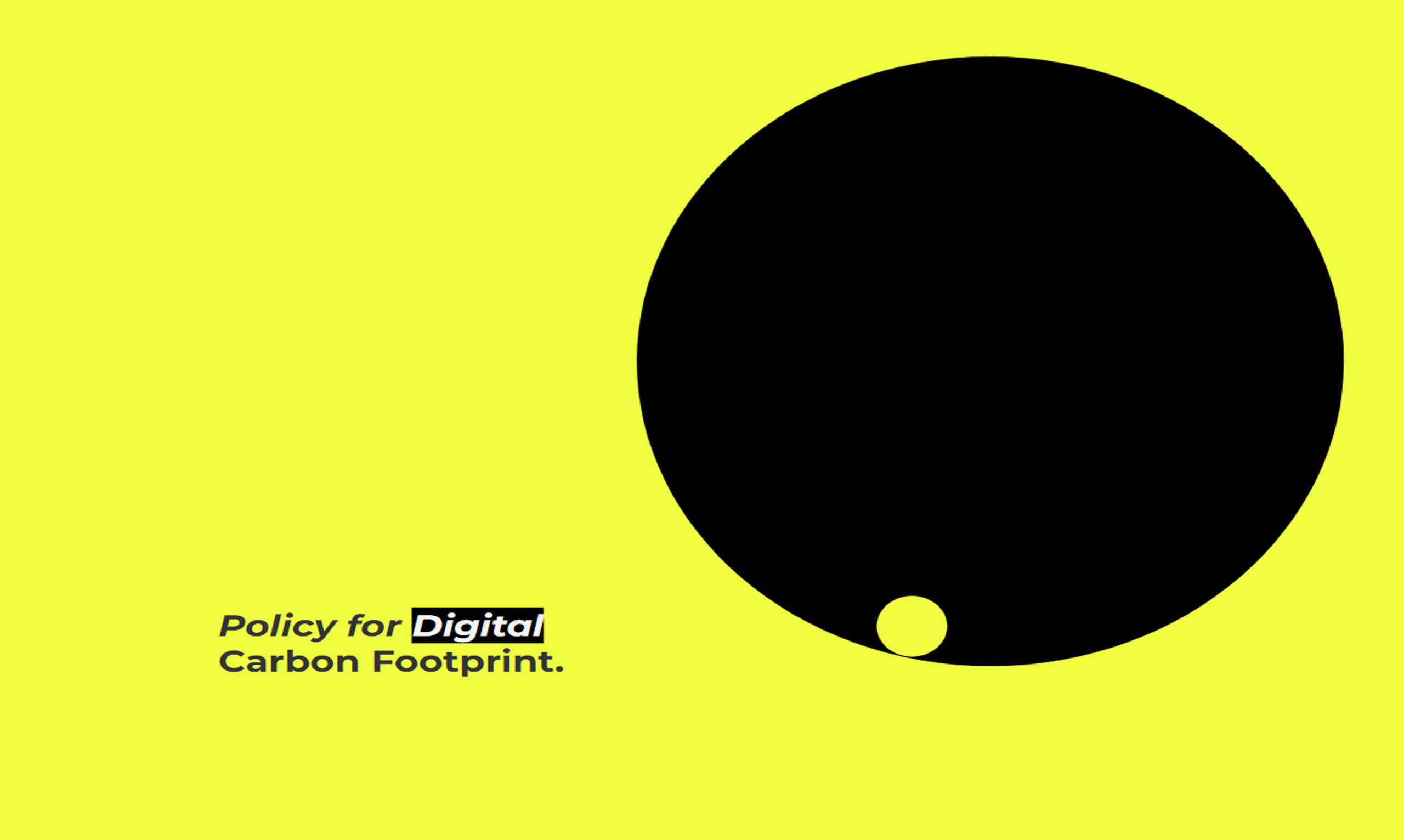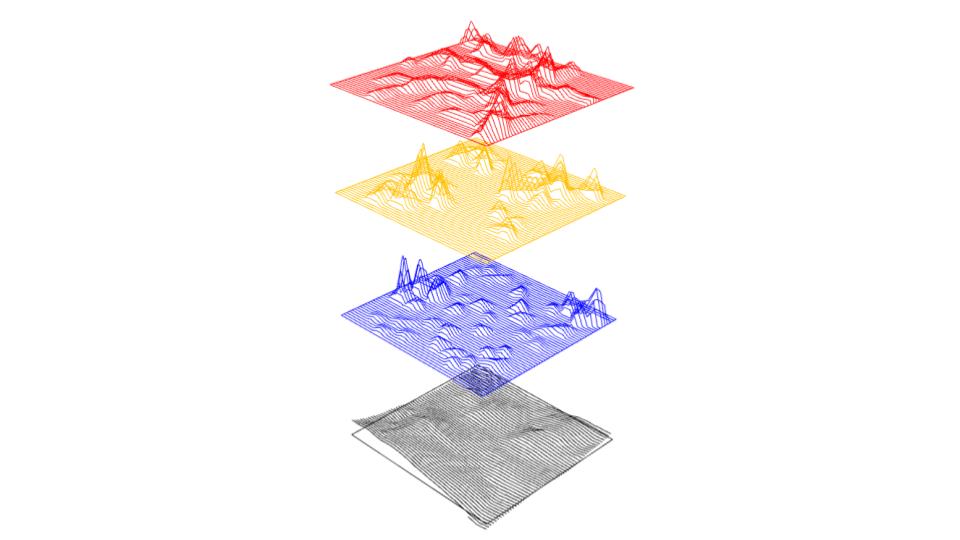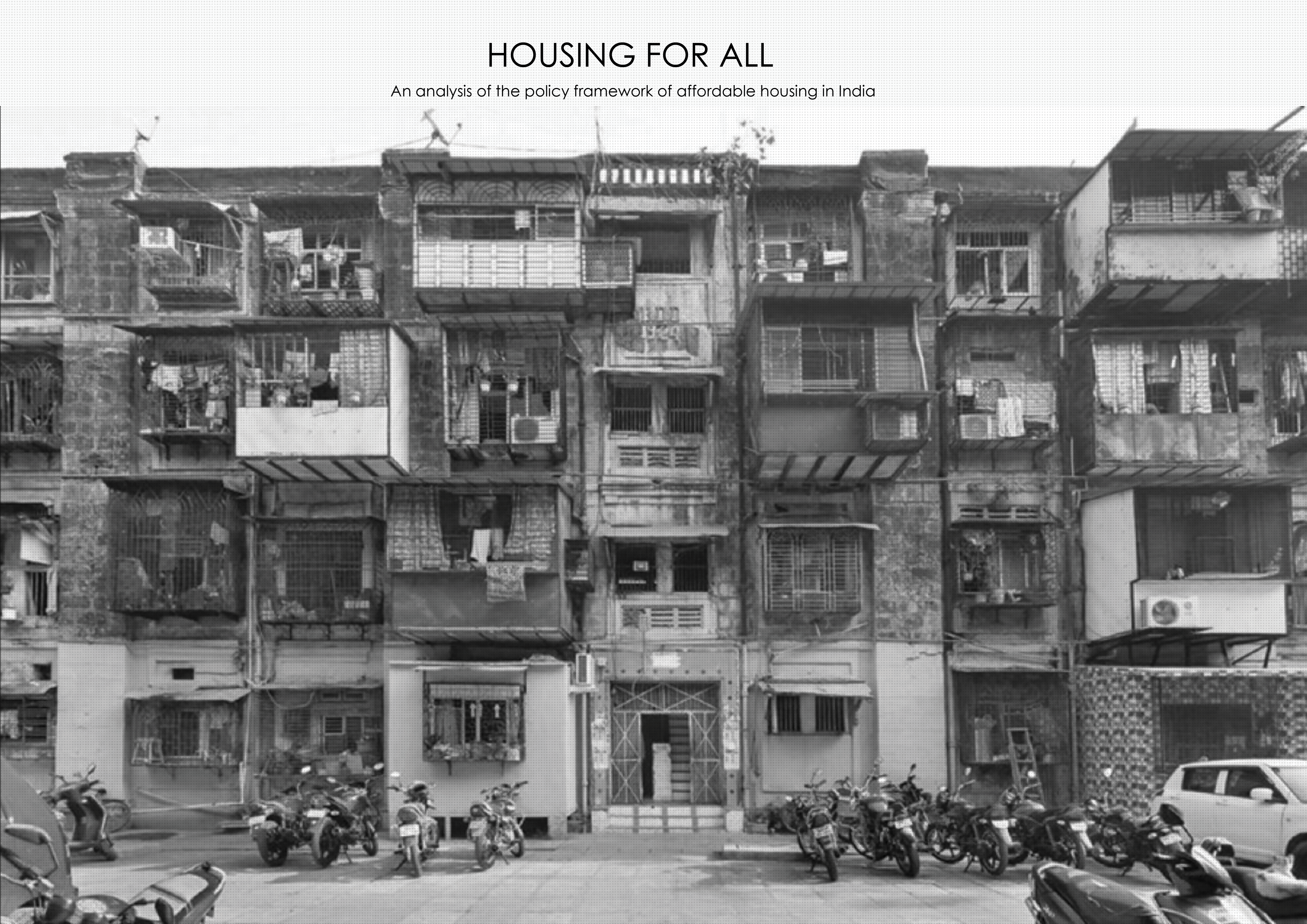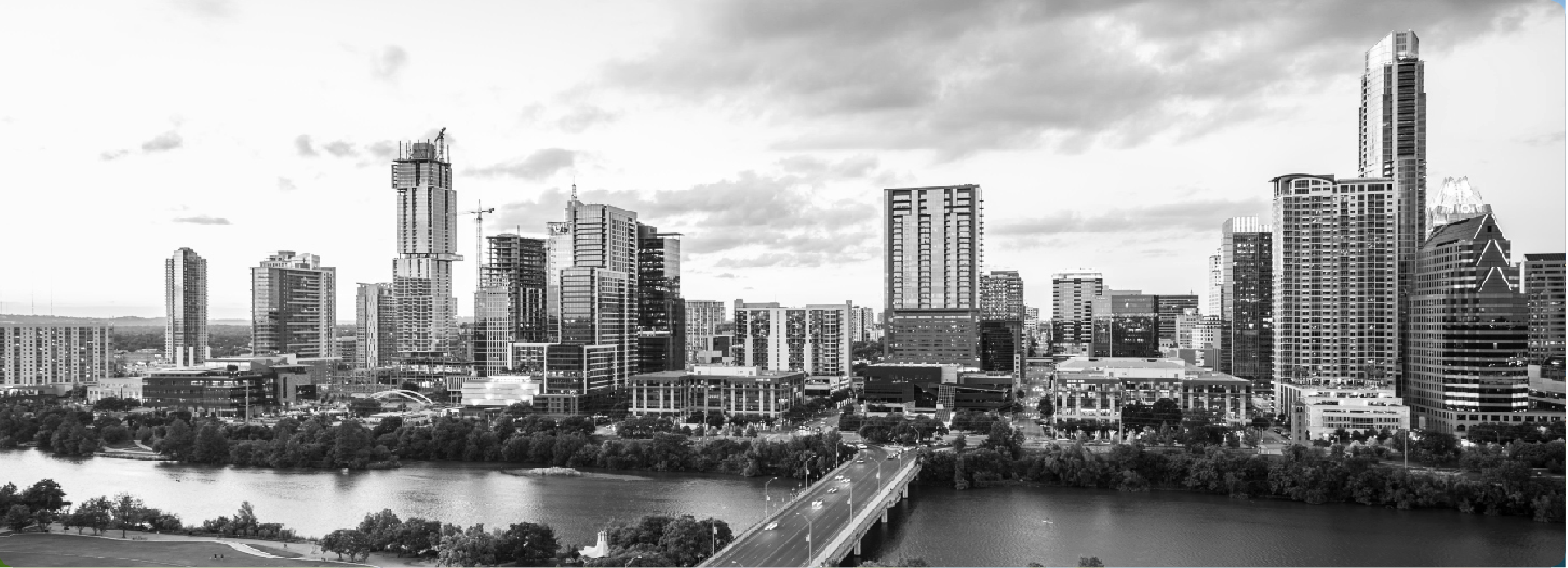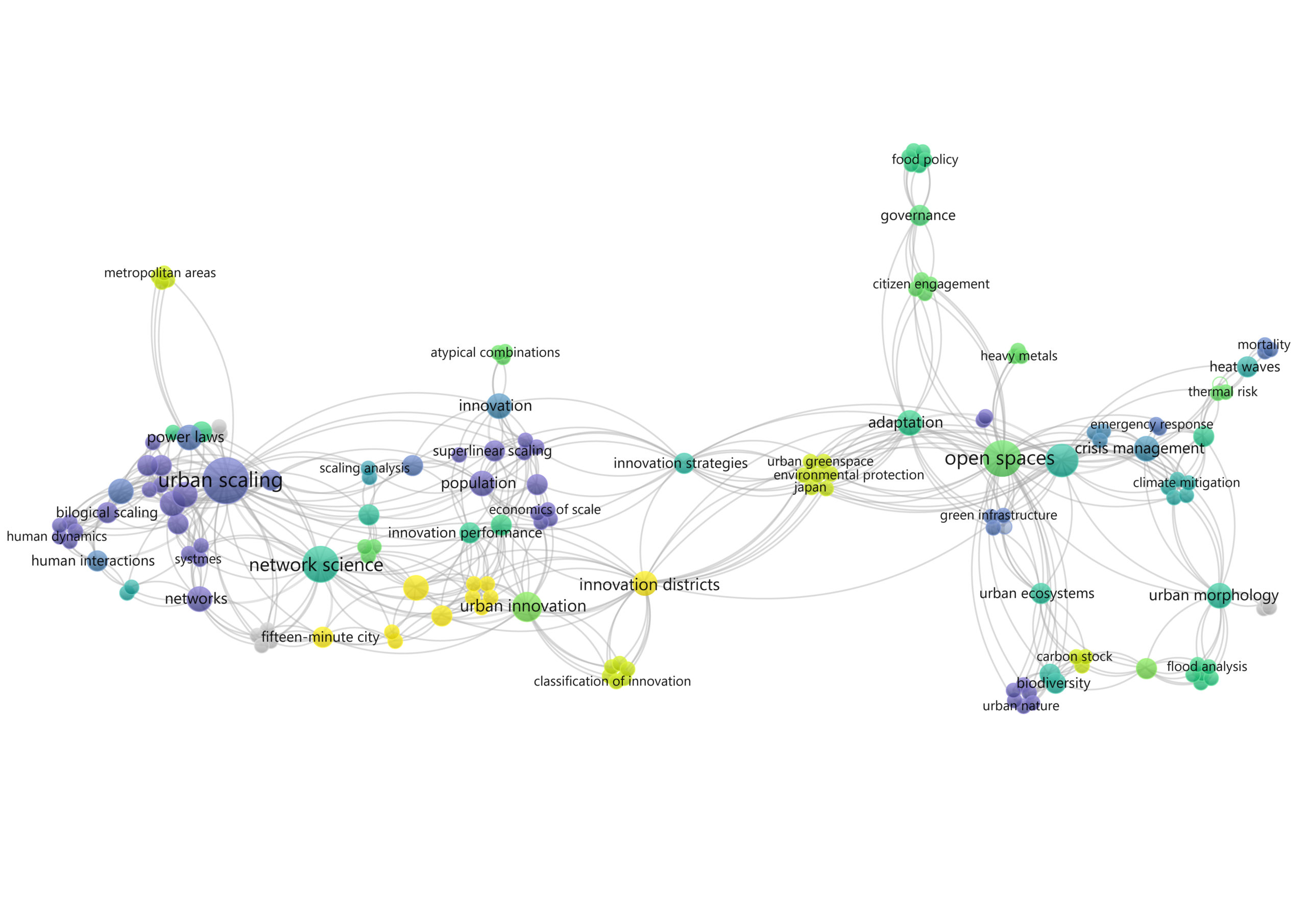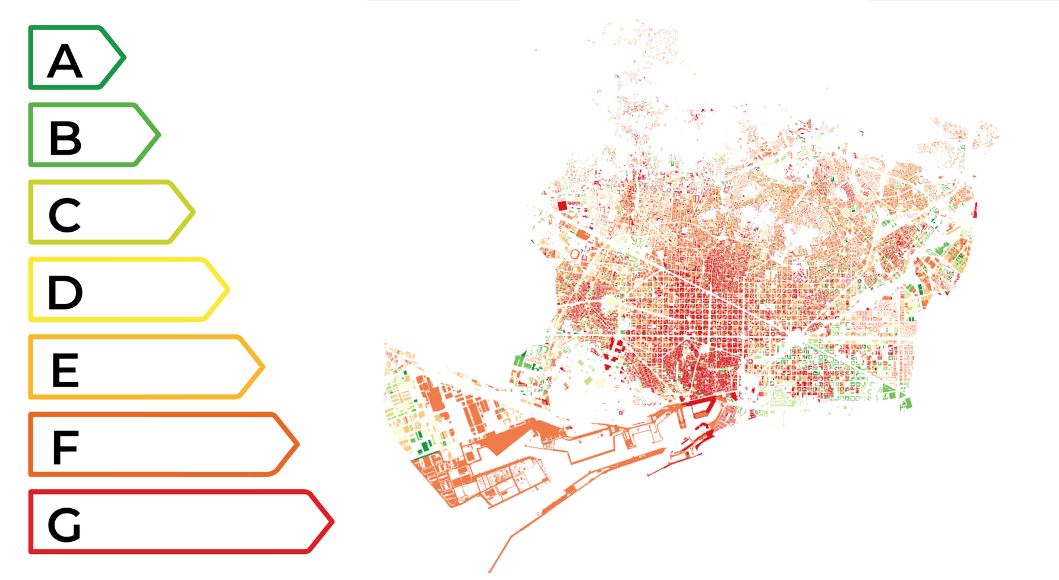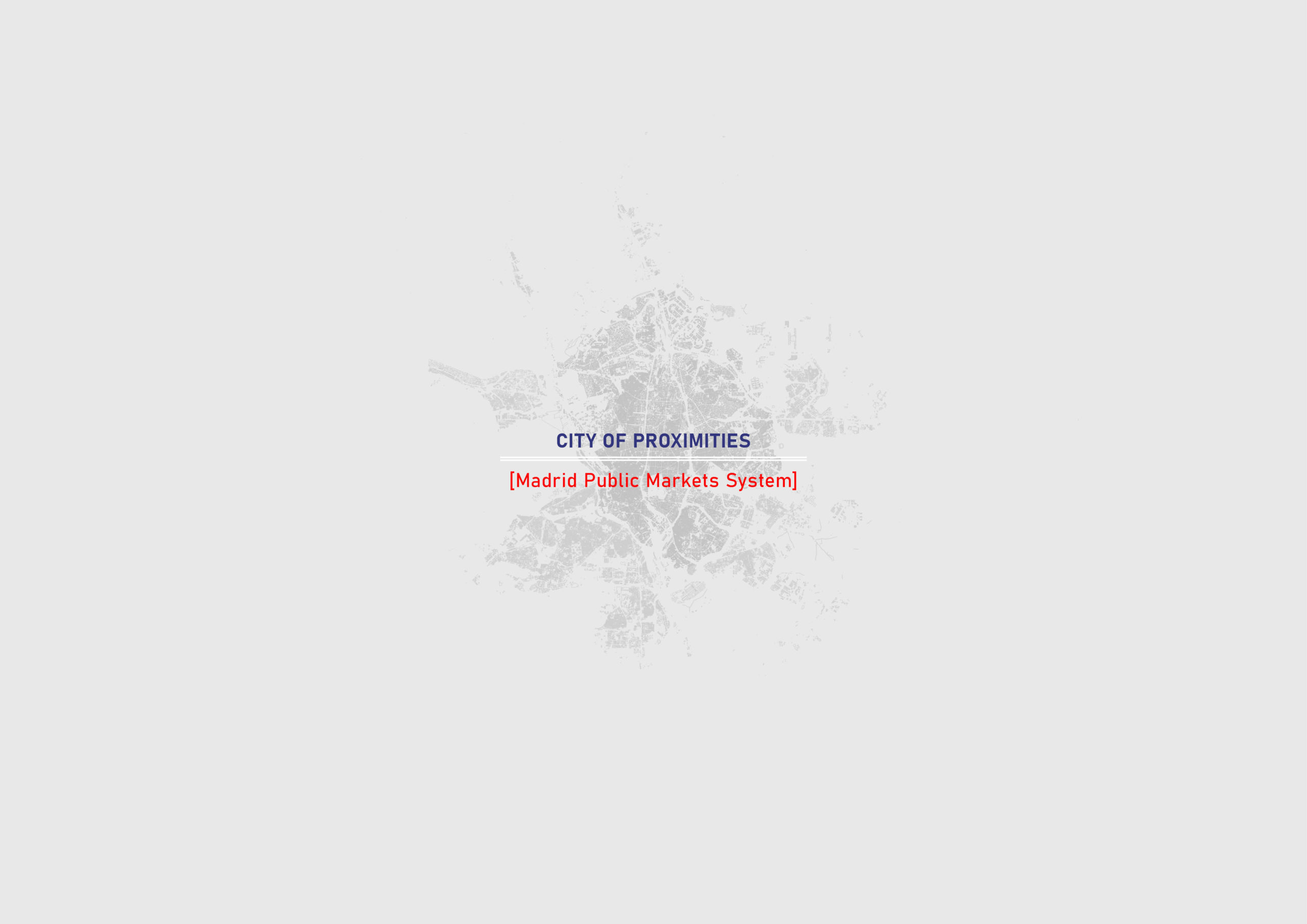The Perks of Proximity
Clustering advanced industries to facilitate technology transfer in the Barcelona metropolitan region Spain has been at the forefront of pioneering research and innovation that have led to significant contributions to the world of technology. Technology Transfer Technology transfer from research to market seems like a straight-forward and linear process, but such is not the case. … Read more


